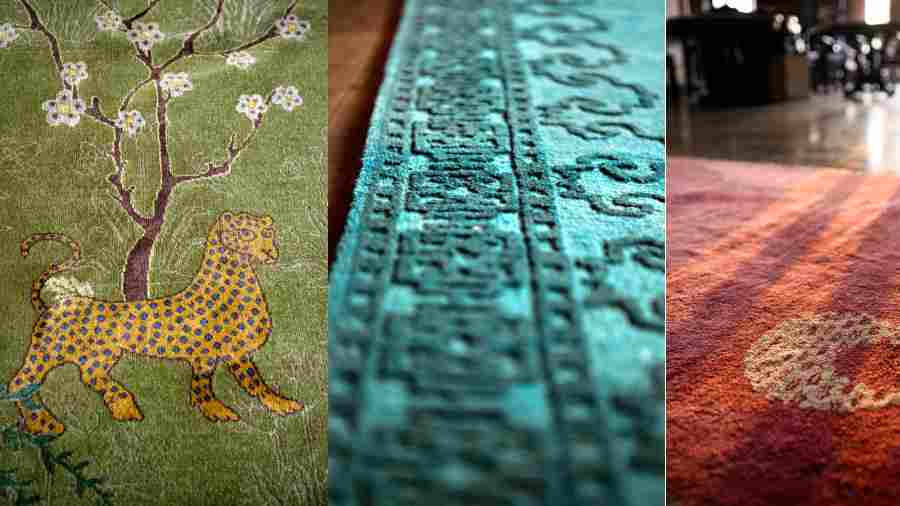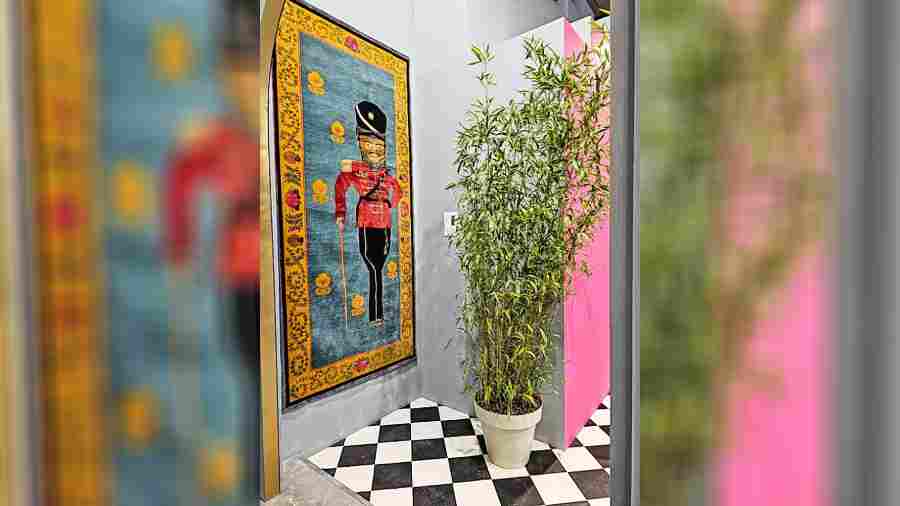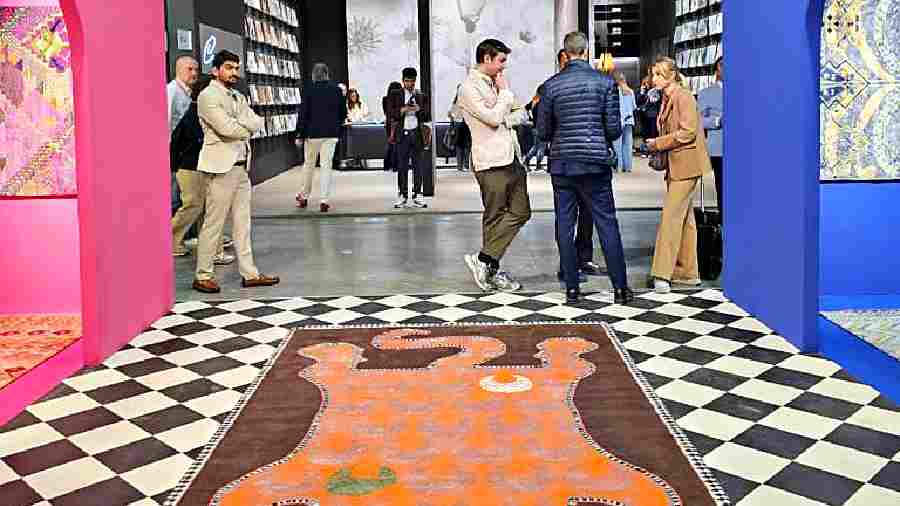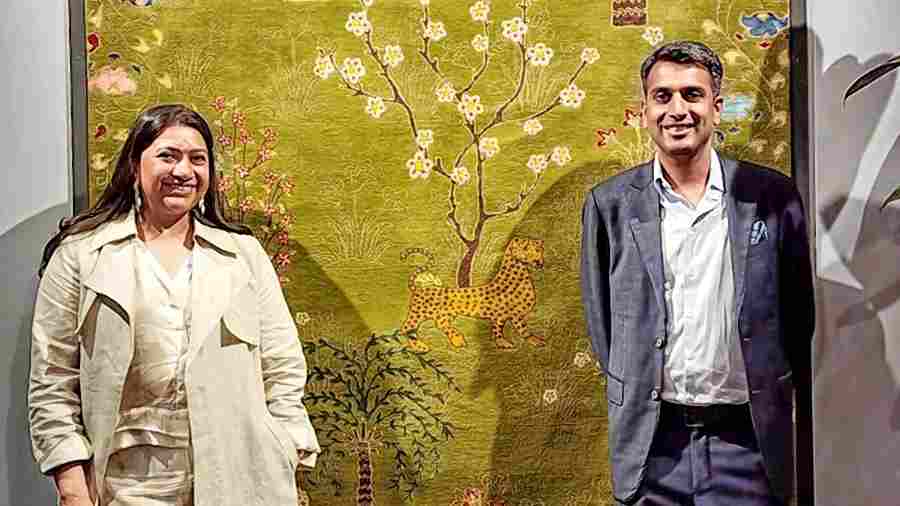Majnun, the latest collection of carpets by Pavitra Rajaram in collaboration with Jaipur Rugs, is a grand celebration of the ancient art of weaving and is a vivid reflection of the designer’s ‘mad love’ for carpets. “Majnun reflects my mad love for carpets and the extent that I would personally go to lug back carpets from my travels. Being immersed in the world of carpets for many years now, when I decided to do a collection of my own, it had to be one that would be an amalgamation of all these years of seeing, wanting and loving carpets from different worlds,” said Pavitra, the creative director of Pavitra Rajaram Design, a multidisciplinary practice for interior design and styling, graphic design, and brand strategy that focuses on projects that involve the restoration of heritage spaces and crafts in the subcontinent. She adds: “I’m eternally inspired by the Persian Shikargah, Chinese scrolls, the Tibetan Tiger rugs and nomadic Afghan carpets - each has a unique story of its own which has travelled in a continuum through time and cultures.”
Talking about her collaboration with Jaipur Rugs, Pavitra says: “A chance meeting with the founder of Jaipur Rugs, N K Chaudhary, really inspired me. I was stuck with his vision of empowering artisans to become artists. I loved his idea that each carpet is woven with the blessing of a family. When I visited the weaver communities and witnessed the change at the grassroot, it really moved me. I wanted to be a part of this amazing ecosystem and be energised through a collaboration that was a dialogue between my design sensibilities and their artistry.”Majnun perfectly blends Jaipur Rugs’ expertise in creating premium hand-knotted carpets and Rajaram’s unparalleled sense of design and aesthetics. The motifs seen on them have been part of the design history for long through various objects, textiles, collectables or artefacts. The collection includes Arjumand, Sipahi, Maryul, Sakya and Bahaar. Among the many carpet traditions, Rajaram’s favourite is Shikargah and talking about it with passion she says: “The hunt has long since been glorified in Iranian, Persian and Mughal designs. Englishmen in India were enamoured by these depictions and began to commission Shikargah carpets in India for their homes back in England. A fragment of one of these, the Fremlin carpet, commissioned by William Fremlin who served in India as an official of the East India Company in the 1600s, was the initial inspiration for our Bahaar carpet. In this woodland though, the animals aren’t hunted at all. Rather they frolic and play in a natural forest that protects and envelops them in tropical trees and flowering shrubs. I’m forever fascinated by botanica and nature and the role various ecosystems play in regenerating life. I also feel that Shikargah in the current context can be reinterpreted to emphasize the importance of conservation and wildlife.” The tradition of the Shikargah finds its root in early Iran, where hunting was a pleasure sport of the Sultans. A literal translation, was the place where “shikaar” was rounded up in an enclosed woodland area for the kings to hunt at leisure.
The collection was launched at Salone Del Mobile in Milan on April 18 and the India showcase will be through a series of smaller, more intimate engagements, informs Pavitra who believes that there’s something magical about reading and learning and then telling a story through her own sensibility and point of view.
Her next project is a bespoke upcycled katran furniture, a culture travel and design series with Sarmaya and a landmark interior project in Bombay.

Glimpses of the carpets from the Majnun collection

The Sipahi carpet on display at Salone Del Mobile Milano 2023

The Sakya carpet at Salone Del Mobile Milano 2023
